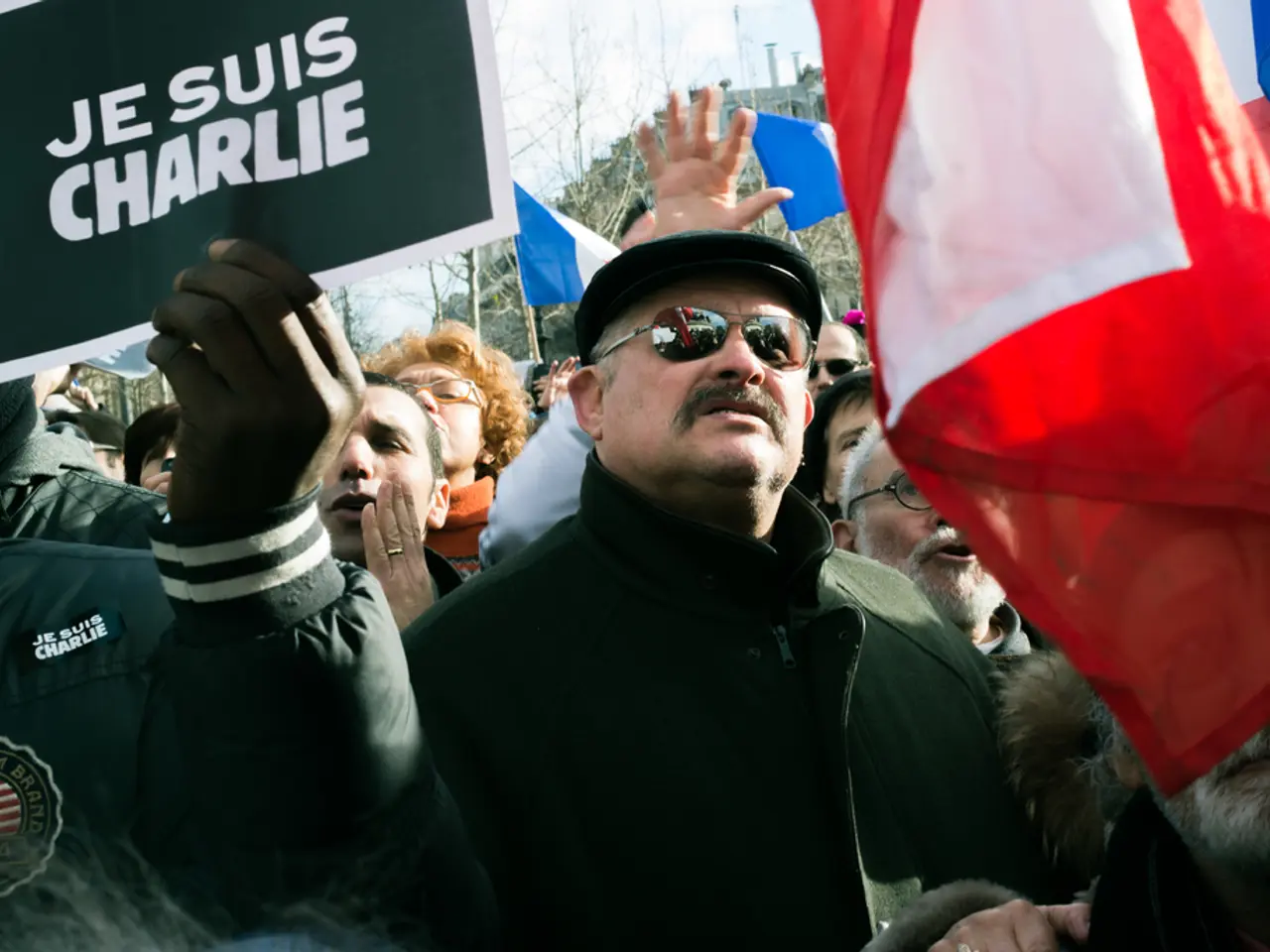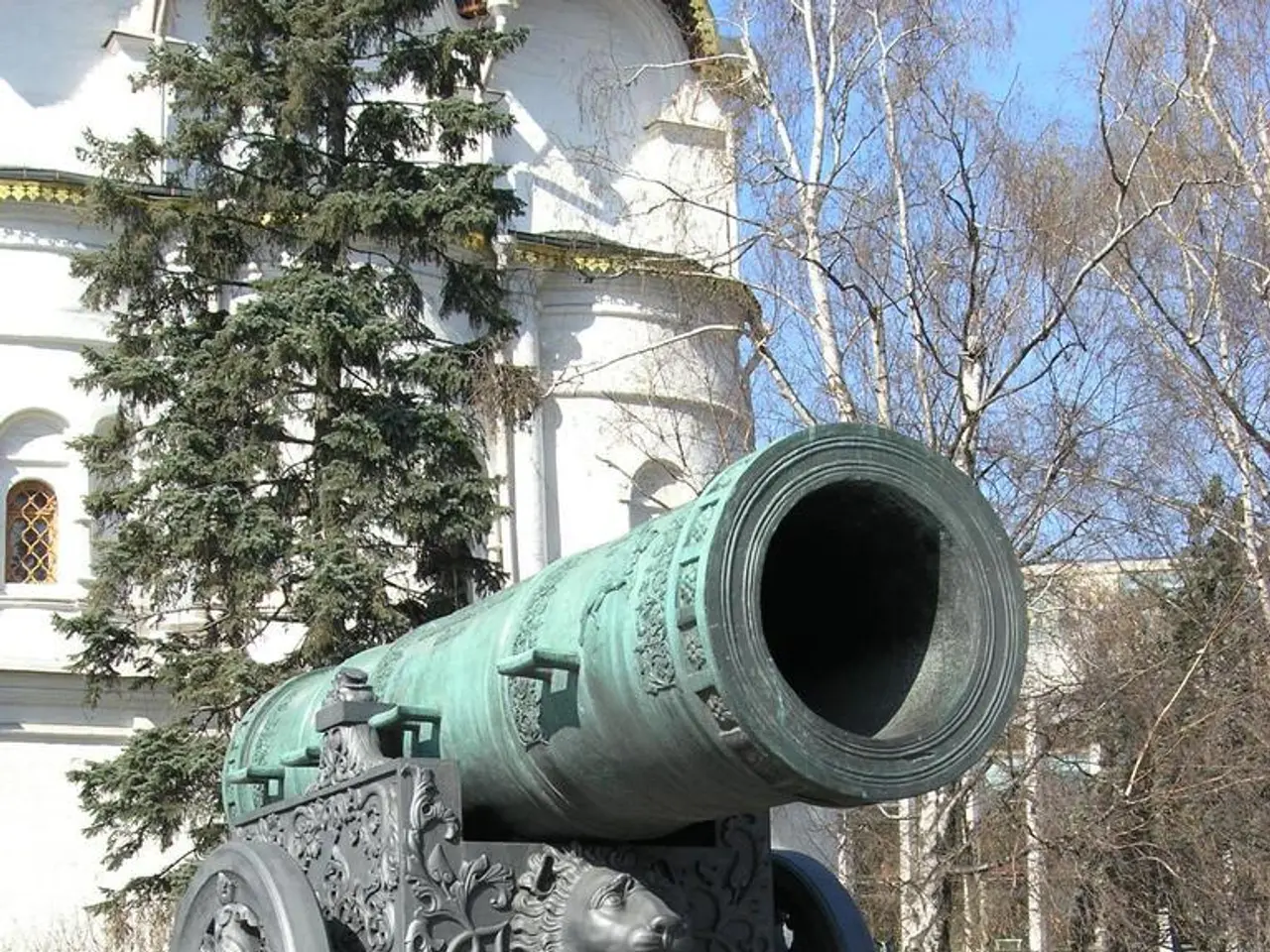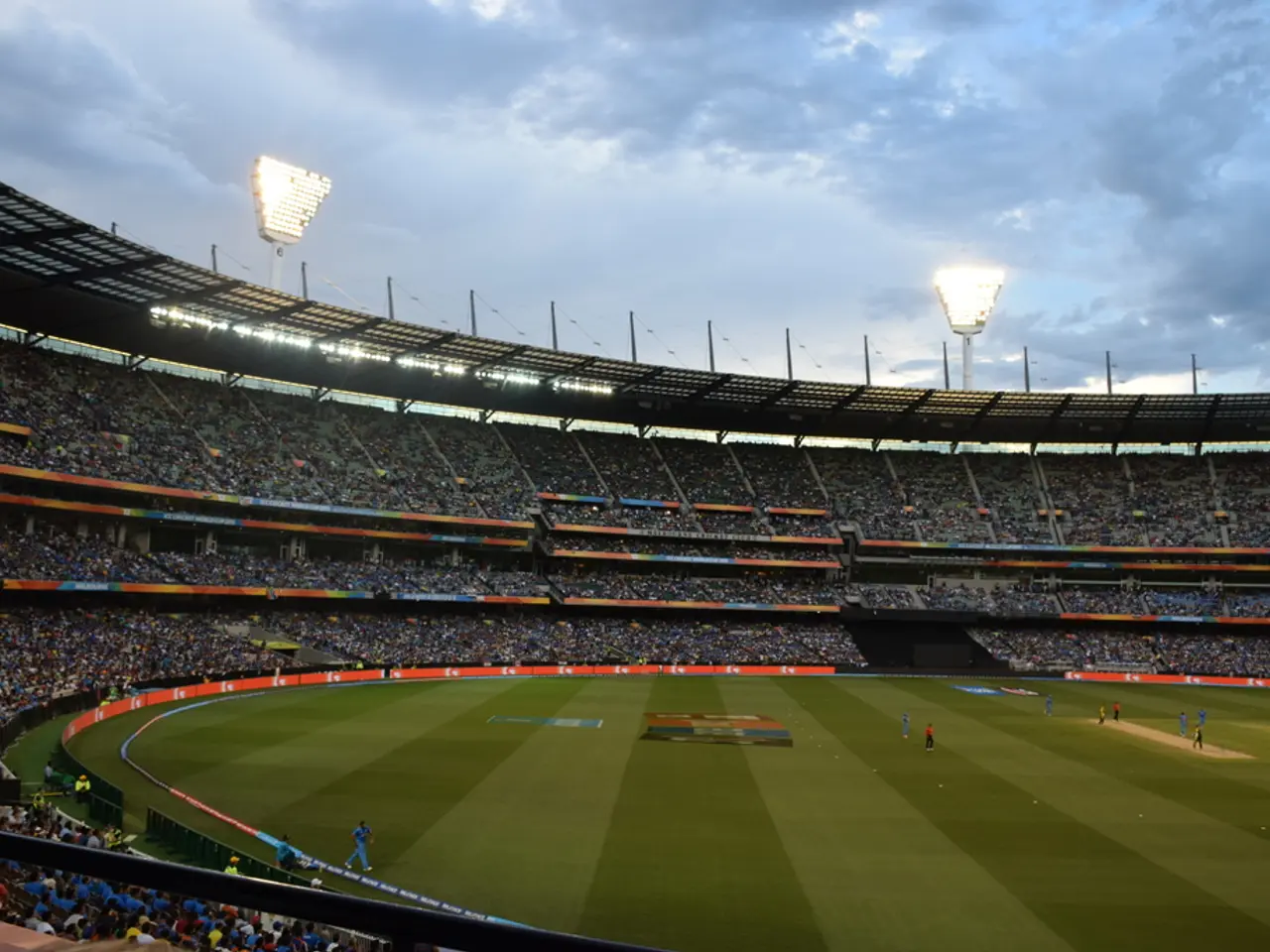In Bangladesh's 2024 demonstrations, a family's son was fatally shot by law enforcement. They are persistently seeking justice.
The July Revolution of 2024 marked a significant turning point in Bangladesh's political landscape, sparked by widespread pro-democracy protests led by students against the government of Prime Minister Sheikh Hasina. The uprising, centred on demands for quota reform and opposition to authoritarian governance, was ignited by the fatal shooting of university student Abu Sayed by police on July 16, 2024.
Abu Sayed, a student at Begum Rokeya University in Rangpur, was deliberately targeted and fatally shot with birdshot by police at close range while unarmed and defiant. Forensic investigations confirmed this extrajudicial killing, disproving government claims that his death was caused by a rock, rubber bullets, or delayed medical response.
The aftermath of Sayed’s death saw the uprising escalate rapidly, with violent clashes between protesters and security forces leading to hundreds of deaths and thousands injured nationwide. The government tried to suppress dissent through intimidation, internet blackouts, widespread arrests, and imposing curfews. Despite these measures, the mass protests culminated in the forced resignation and exile of Sheikh Hasina on August 5, 2024.
The political landscape of Bangladesh has been reshaped following the July Revolution. The interim government, formed under the leadership of Nobel laureate Muhammad Yunus, was widely hailed as a new chapter for the country. However, issues such as high unemployment, lack of coordination among the coalition, government, and bureaucracy, and police and judiciary, as well as concerns about mob violence and attacks on women and minority groups, continue to persist.
The death of Abu Sayed and the events surrounding it were part of one of the most significant political upheavals in Bangladesh in decades. Despite promises made by Muhammad Yunus to protect minorities, little has changed, according to critics. In Babanpur, Sayed's father requests justice for his son's death, stating that it is the only way he and his wife will find peace.
The tribunal set up to bring to justice those responsible for the deaths during the protests is currently underway, but the process is taking time. The protection of Bangladesh's minority communities, especially Hindus, was a hope, but little change has occurred. Adrita Roy, a drama student, claims that the Awami League political party did not protect her community, with her grandfather's properties being confiscated by Awami League leaders.
Anu Muhammad, an economist based in Savar, attributes internal divisions within the coalition as a reason for the high unemployment in the country. A growing sense of disillusionment is sweeping across Bangladesh, with critics accusing the new government of failing to tackle these issues effectively.
References:
- BBC News (2024). Bangladesh: Protests over quota reforms turn violent. [online] Available at: https://www.bbc.com/news/world-asia-59590257
- Al Jazeera (2024). Bangladesh: Protests continue over quota reforms, death of student. [online] Available at: https://www.aljazeera.com/news/2024/8/5/bangladesh-protests-continue-over-quota-reforms-death-of-student
- Human Rights Watch (2024). Bangladesh: Protests over Quota Reforms, Unlawful Killings. [online] Available at: https://www.hrw.org/news/2024/08/08/bangladesh-protests-over-quota-reforms-unlawful-killings
- The Guardian (2024). Sheikh Hasina flees Bangladesh amid protests over quota reforms. [online] Available at: https://www.theguardian.com/world/2024/aug/06/sheikh-hasina-flees-bangladesh-amid-protests-over-quota-reforms
- Reuters (2024). Bangladesh student's death sparks protests over quota reforms, police violence. [online] Available at: https://www.reuters.com/world/asia-pacific/bangladesh-student-death-sparks-protests-over-quota-reforms-police-violence-2024-07-17
- The interim government, led by Nobel laureate Muhammad Yunus, confronts challenges in addressing the issues of high unemployment, lack of coordination among the coalition, government, and bureaucracy, and concerns about crime and justice, particularly in cases involving the police and judiciary.
- Alongside political news, the general public also remains concerned about war-and-conflicts, as well as community safety, with specific attention given to instances of crime and justice, such as the ongoing tribunal investigating unlawful killings during the protests and the protection of minority communities, especially Hindus, following the death of university student Abu Sayed.
- In the wake of the July Revolution, the new government faces mounting pressure from the community to address issues like corruption in politics, education, and governmental institutions, alongside concerns about mob violence and attacks on women and minority groups, such as the case of Adrita Roy, a drama student whose grandfather's properties were confiscated by Awami League leaders.






